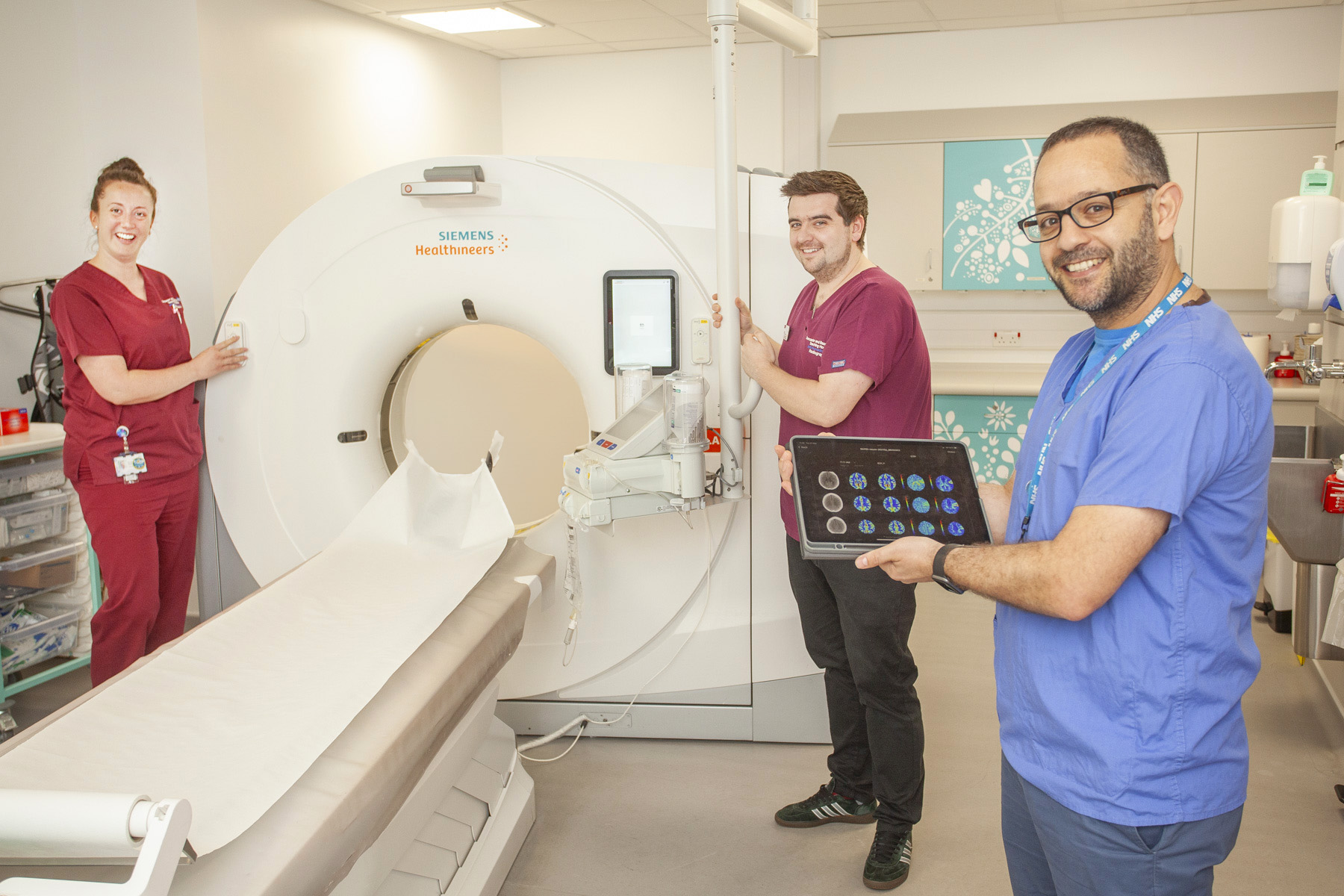This pilot, run by NICE and NHS England, will explore whether Clopidogrel, a common medication used to reduce the risk of further strokes, is the best treatment for patients based on their genetic makeup.
The trial will use a test to check for changes in the CYP2C19 gene, which can affect how well the body processes Clopidogrel. Around 30% of people in the UK, and even more in some ethnic groups, have a variation in this gene that makes the medication less effective.
By identifying these individuals, doctors can prescribe alternative treatments to help prevent future strokes.
Dr Ahmad Maatouk, Stroke Consultant and project lead at DBTH, added: “This pilot is a ground-breaking opportunity to bring personalised medicine to stroke care.
“By understanding a patient’s genetic profile, we can ensure they receive the most effective treatment from the very beginning. This means not only reducing the risk of further strokes but also improving overall recovery and quality of life.
We’re proud to play a leading role in this important initiative, which has the potential to transform stroke care.”

Dr Maatouk (right)
Running from December 2024 to April 2025, the trial will focus on high-risk patients, such as those who have had a mini-stroke or a minor stroke. The findings will help shape how genetic testing is used across the NHS in the future.
Richard Parker OBE, Chief Executive at DBTH, said: “This is a fantastic opportunity for our Trust to help lead the way in improving stroke care. By using genetic testing, we can make sure patients get the treatment that works best for them.
It’s exciting to be at the forefront of this innovative work, which could make a real difference for patients here and across the country.”
Strokes affect over 100,000 people in the UK annually and remain a leading cause of disability. This pilot is part of DBTH’s ongoing commitment to innovation in stroke care, complementing the recent implementation of advanced CT perfusion technology.
This state-of-the-art equipment significantly extends the critical treatment window for stroke patients, allowing for more timely and effective interventions. Together, these initiatives underscore the Trust’s dedication to delivering cutting-edge care and improving outcomes for individuals affected by strokes.



